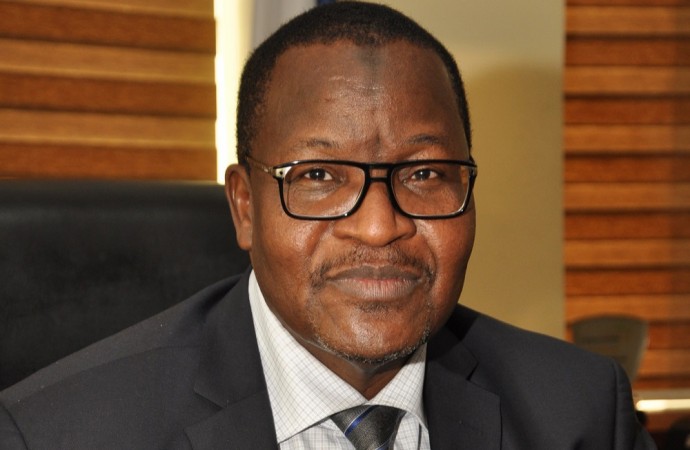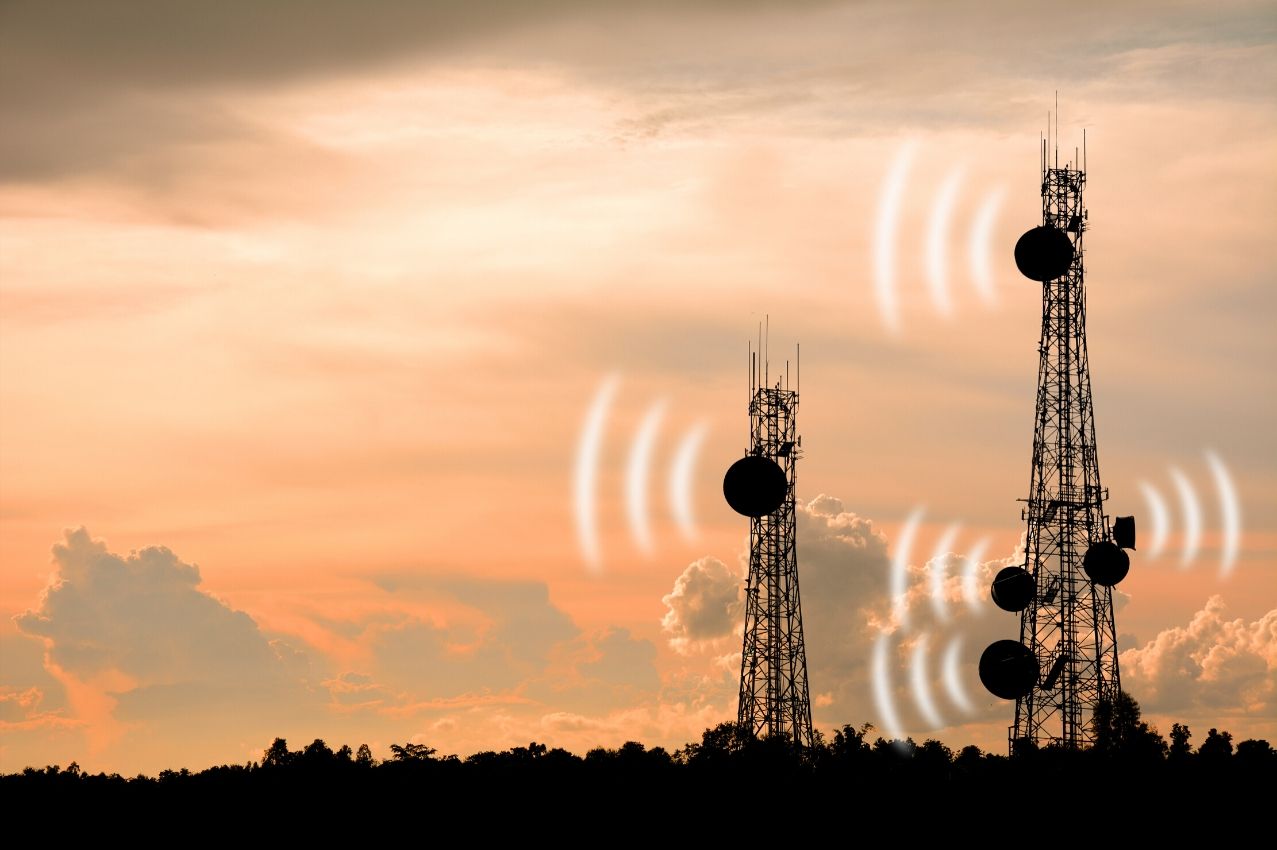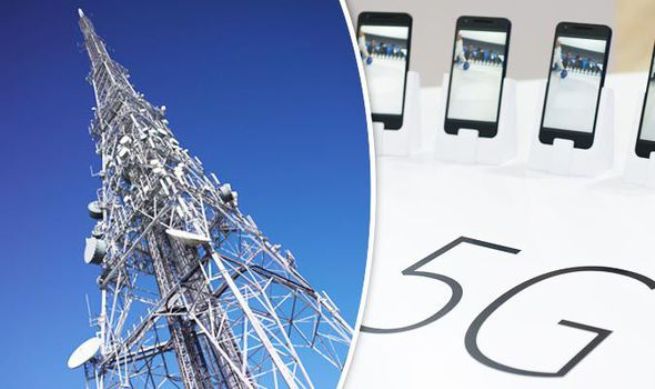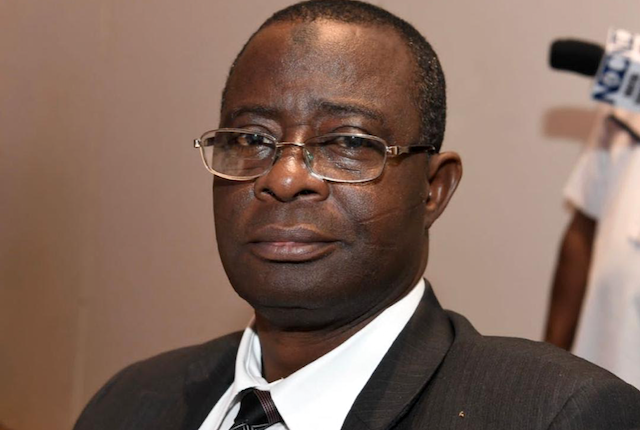The 5G technology is a big pie, a really big pie. Every country in the world wants to have a hand in it, especially those who have gone beyond the scramble for the daily grind of life. Some are front runners, doing their stuff on the fast lane. A whole lot are pretenders trying to break into the league of the big boys. But it is a league that brooks no pretences, a league that must be joined with demonstrable credentials, where execution of the rollout plan is the only certificate that guarantees valid entrance, at least, for those in the last mile end of the business.
But the big boys, from the more developed countries of the world, are not always very free minded in admitting members into the league. So, they set all kinds of hurdles, not frontally any way but in a very subtle way, surrounding where and how an operator has to acquire equipment, to ensure they are not laced with espionage facilities. You know the world must be protected from itself but they hide their real intentions that the real fight is over who controls the technology, which really will become the strong global policeman of the future. Any country who controls 5G technology will in no time control the world.
The 5G technology is a big pie which comes at a huge cost but the returns are even more frightening. 2020 GSMA Intelligence report – The Mobile Economy, projects that by 2034, the technology will contribute $2.2 trillion to the global economy. Something really huge and still booting, eh? Little surprise then that three companies in India are shelling out $19bn for Air wave or spectrum sales with Ambani’s Reliance Jio doling out $11bn of that amount, just to broach the 5G ecosystem. The other two are Bharti Airtel and Vodafone IDEA. Several billions will also be ploughed into the rollout phase which should happen as early as September this year. 5G is a game for the big boys who are ready to roll the dice without thinking of the consequences of the cost.
Countries are railing against countries just to control 5G technology in terms of equipment vending and service rollout, while corporates are outbidding each other in order to have some good control of some attractive economies. But the technology will come at a cost that may only serve the interest of some data nerds.
It is therefore heart warming that MTN Nigeria, has led the country to join this exclusive list of the big boys of the telecommunications industry when, last week, it rolled out 5G pilot services in three locations of the country, namely: Lagos, Abuja and Port Harcourt.
Quite effusive about the development, the service provider said, “Today (August 24, 2022), MTN Nigeria Communications Plc (MTN Nigeria, or the Company) kicked off an open 5G pilot in the lead-up to its highly anticipated commercial launch. The Company, which intends to launch 5G services in Lagos, Abuja, Port Harcourt, Ibadan, Kano, Owerri, and Maiduguri, is testing the next-generation network infrastructure. Customers with certain enabled devices will be allowed to connect with and try out the new service where coverage is available.”
The caveat however is that the service can only be received by some devices that are 5G enabled, and this was duly communicated. “To access the 5G network and enjoy its benefits, customers will need compatible devices, such as routers and mobile phones, which can be pre-ordered from designated MTN walk-in stores and online via the MTN Nigeria website and e-marketplace. The pre-ordered devices can be picked up or will be delivered to customers post the launch event scheduled to take place in the coming weeks,” MTN said in the statement.
The game is on and before mid September the real deal will be unveiled to a nation that should have been fighting for a place at the top of the ladder but for the bungling attitude of the political class that has become an albatross. They make us look small in the eyes of the world.
Nobody needs to be reminded that what is happening is truly epochal and some kind of piercing light in the thick of darkness where hopelessness has form and shape, you know, the way they describe matter in elementary science. The feat fires a can-do spirit which is one of the raw characteristics of the average Nigerian irrespective of the environment.
Adia Sowho, Chief Marketing Officer, MTN, captured unfolding developments in the following words, cresting on 5G as the ultimate clincher. “Every major technological evolution redefines what is possible – changing the way we live and the way we connect. MTN Nigeria has been at the forefront of every leap in telecommunications: from GSM to 2G, 3G, and 4G. 5G has the potential to change everything. It will allow us to connect, create, collaborate, and compete in ways we’ve not even begun to imagine,” she enthused.
MTN Nigeria emerged one of the two winners of the 3.5GHz spectrum auction conducted by the Nigerian Communications Commission (NCC) on December 13, last year. The other winner is Mafab Communications. 3.5GHz is the spectrum band for 5G technology. The auction picked at $273.6m per license.
The licensees were given an August deadline to rollout services but all other rollout obligations were clearly stated in the Information Memorandum released before the auction. So, it will be factual to state here that every bidder, including Airtel, which listed an exit bid of $270m, didn’t go into the playing field with eyes blindfolded or arms tied behind. It was an open book which remains a regulatory strength of the Commission.
From industry sources, it seems that MTN is ready to exceed expectations as per the rollout obligations which state as follows: Year 1 to 2 – Starting from the effective date of the licence. Rollout service in at least one State in each geo-political zone: SW, SS, SE, NC (Including FCT), NW and NE. From Year 3 to 5, additional 6 States other than those in Year 1 to 2, across the six geo-political zones, while from Year 6 to 10, Operators are encouraged to roll out across all other States.
While one can call the rollout demands quite humble, it is clear to see that MTN is primed to meet all that and then position to cream off the high end of the business with an initial entry level of about 220 5G sites. As it was in the past, so it will always be. When the dust settles MTN will be far in front while others shout helplessly about monopoly practices.
This writer can confirm that Mafab has been given a grace period within which to rollout services. Industry sources however also confirm that the licensee is in frantic search for investors to enable it to fulfil its license obligations. My sympathies are for Mafab. This administration has completely ruined the nation’s economy to the extentent that nobody will want to put serious money in an environment that looks seemingly hostile and failing fast.
Funding a 5G operation is no child’s play. Operators in India are planning to invest between $15bn and $25bn each to cover the country’s market. Even for a nation, such money will be a challenge when you look at the antecedents of this government.
Now our initial fears on this column are being justified, and this should be a regulatory lesson. The allegory of a David and Goliath doesn’t belong here. Such a humongous license shouldn’t be given to a rookie struggling for limelight. India has demonstrated this by awarding 5G licenses mainly to existing and established operators who are able to pay the license fees and rollout services immediately.
Whatever it is, we stand with Mafab in its struggles. The organisation should be given time to rollout and not be troubled by any regulatory stipulations. After all, the 5G technology will be one of the few landmarks that this administration can point to as an achievement, and should not ruin it with its inability to read the future from a troubled present.
For the time being, this government should be sincere enough to express gratitude to MTN for providing some tech grains it can point to in the future as a legacy.








